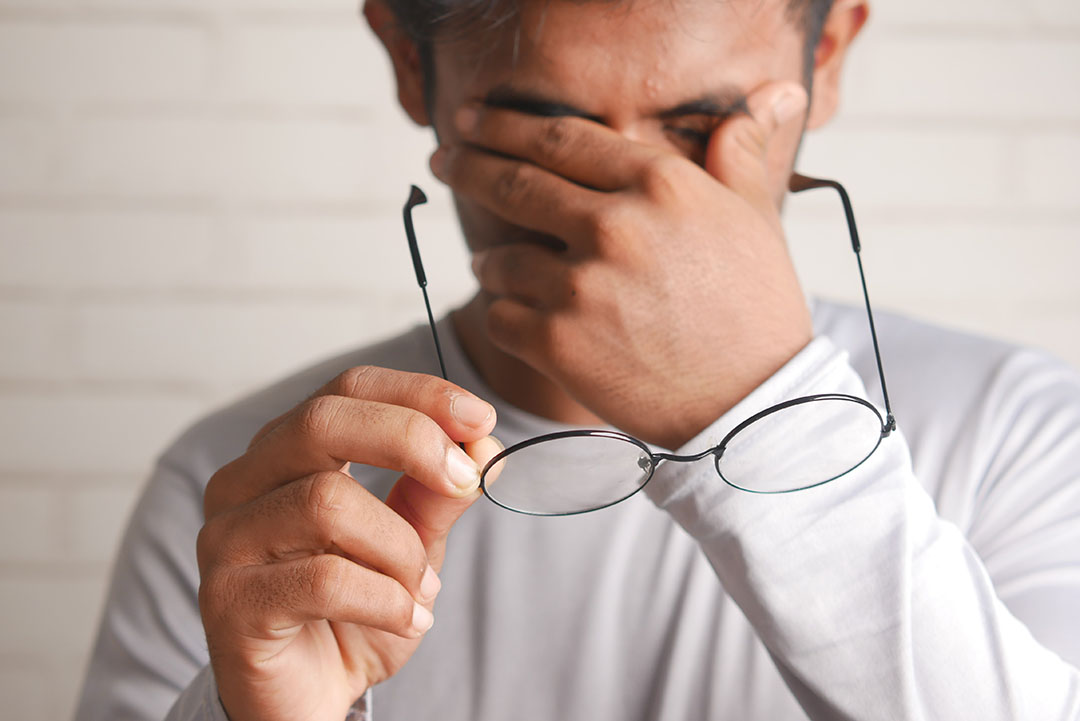All Categories
Featured
Table of Contents

Normal eye evaluations are crucial for preserving good vision and spotting prospective eye wellness problems early. The frequency of these examinations can vary substantially based on a person's age, way of life, and total health. Recognizing the recommended routine for eye tests can assist ensure that individuals of any ages receive suitable care and tracking for their eye health and wellness.
Newborns and Toddlers (0-2 Years)
For infants and young children, eye examinations are essential for discovering any type of prospective vision problems early on. The American Academy of Ophthalmology suggests that a child's initial eye exam must occur at around 6 months old. Throughout this first see, the eye care expert will examine the youngster's visual growth and look for any obvious eye problems.Following this initial examination, it is advised that kids have one more eye test at age 3. This go to will concentrate on examining the child's general visual feature, including eye alignment and the capability to track things. If no concerns are discovered, the next exam should be set up prior to the youngster starts college, usually around age 5 or 6.
School-Aged Youngsters (6-18 Years)
When kids reach school-age child, regular eye tests ought to be arranged every one to two years. Vision is essential for discovering and growth, and lots of colleges carry out vision testings. These testings do not replace a detailed eye exam by an eye care expert.For children associated with sporting activities or tasks calling for significant visual focus, yearly eye tests might be recommended. Additionally, if a child shows indicators of vision problems-- such as problem reading, squinting, or regular frustrations-- a visit to the eye physician should be arranged as quickly as possible.
Young Person (19-39 Years)
Young person commonly have fewer vision adjustments than older age teams, however routine eye examinations stay important. The basic recommendation is to schedule an eye exam every 2 years during this duration. Nonetheless, people with specific danger variables-- such as a household history of eye illness, diabetes mellitus, or those who put on get in touch with lenses-- must think about annual eye exams.Furthermore, those that spend significant time on electronic tools might experience electronic eye stress. If signs and symptoms such as dryness, exhaustion, or blurred vision happen, it might be smart to see an eye care specialist faster.
Adults (40-64 Years)
Adults aged 40 to 64 ought to arrange eye exams every one to 2 years. Eye exams can also help spot other common age-related conditions such as glaucoma, cataracts, and macular degeneration.If individuals in this age team have threat aspects like hypertension or diabetes, they may need even more frequent examinations to monitor their eye wellness very closely.
Senior Citizens (65 Years and Older)
For senior citizens, routine eye examinations end up being a lot more vital. The American Optometric Organization advises that people matured 65 and older have an eye examination a minimum of annually. Older adults are at a higher risk for various eye diseases, including cataracts, glaucoma, and age-related macular deterioration. Early discovery and therapy of these problems can avoid vision loss and improve the lifestyle.Verdict.
Recognizing the appropriate routine for eye tests based upon age is crucial for preserving optimum eye health throughout life. From infants to elders, normal eye assessments play a critical duty in discovering issues early and making certain that vision stays sharp. By sticking to these guidelines and seeking advice from an eye treatment professional, people can take proactive steps toward preserving their vision and general wellness. Whether it's a youngster's initial see or a senior's annual check-up, prioritizing eye care is a financial investment in long-lasting health.Table of Contents
Latest Posts
Host Your Perfect Occasion: Venue Rental Alternatives for every single Event
Published Mar 26, 25
1 min read
Host Your Perfect Occasion: Venue Rental Options for Every Event
Published Mar 18, 25
1 min read
Picking the Right Place: What to Think about for Wedding Events, Meetings, and Occasions
Published Mar 16, 25
1 min read
More
Latest Posts
Host Your Perfect Occasion: Venue Rental Alternatives for every single Event
Published Mar 26, 25
1 min read
Host Your Perfect Occasion: Venue Rental Options for Every Event
Published Mar 18, 25
1 min read
Picking the Right Place: What to Think about for Wedding Events, Meetings, and Occasions
Published Mar 16, 25
1 min read